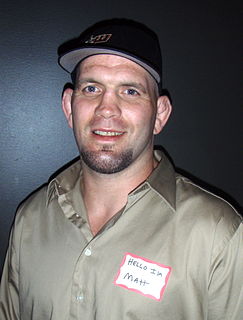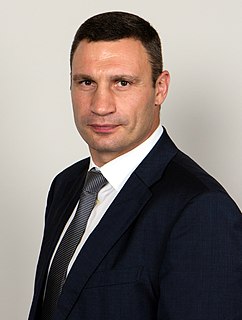A Quote by Paul Romer
What we've underestimated is the systemic risk that that very finely tuned system of specialization exposes us to. And so I think we will start to ask whether there are ways that we could build some more robustness into our whole system.
Related Quotes
In comparison to the U.S. health care system, the German system is clearly better, because the German health care system works for everyone who needs care, ... costs little money, and it's not a system about which you have to worry all the time. I think that for us the risk is that the private system undermines the solidarity principle. If that is fixed and we concentrate a little bit on better competition and more research, I think the German health care system is a nice third way between a for-profit system on the one hand and, let's say, a single-payer system on the other hand.
Most of the time, your risk management works. With a systemic event such as the recent shocks following the collapse of Lehman Brothers, obviously the risk-management system of any one bank appears, after the fact, to be incomplete. We ended up where banks couldn't liquidate their risk, and the system tended to freeze up.
If some lose their whole fortunes, they will drag many more down with them . . . believe me that the whole system of credit and finance which is carried on here at Rome in the Forum, is inextricably bound up with the revenues of the Asiatic province. If Those revenues are destroyed, our whole system of credit will come down with a crash.
I think when he [Vladimir Putin] calls me brilliant I will take the compliment, okay? I mean, the man has very strong control over a country. Now, it's a very different system and I don't happen to like the system. But certainly in that system, he has been a leader far more than our president has been a leader.
I think that if you have a single payer system and an opt-out for people who want to pay more [for better service, etc.], I think it would be better - and I think we'll eventually get there. It wouldn't be better at the top - [our current system] is the best in the world at the top. But the waste in the present system is awesome and we do get some very perverse incentives.
I actually think in some ways that it might be more challenging to be bipolar because it's so mercurial - it's so ever-changing. You can't get any traction. You can't build on a system. Whereas, somebody who has Asperger's, which is certainly a much more forgiving expression of autism, can create models for coping and build on them over time.
You cannot ask which system is the better because you cannot standardize one system for the whole of the world. You cannot have one stereotyped code of morality for every country. One system may work very well in one country and very badly in another. You cannot grow a tropical flower in a cold climate.




































